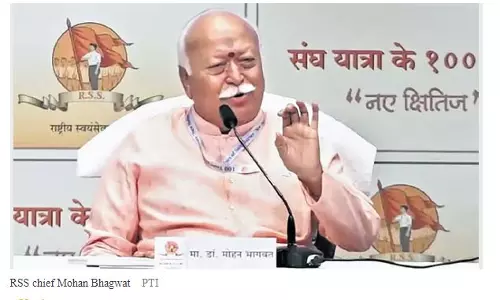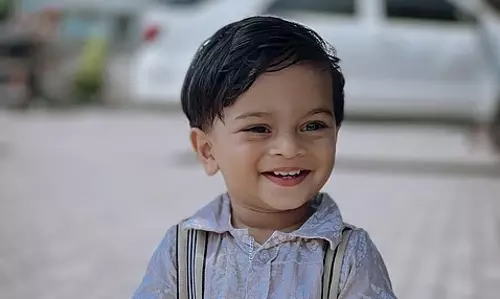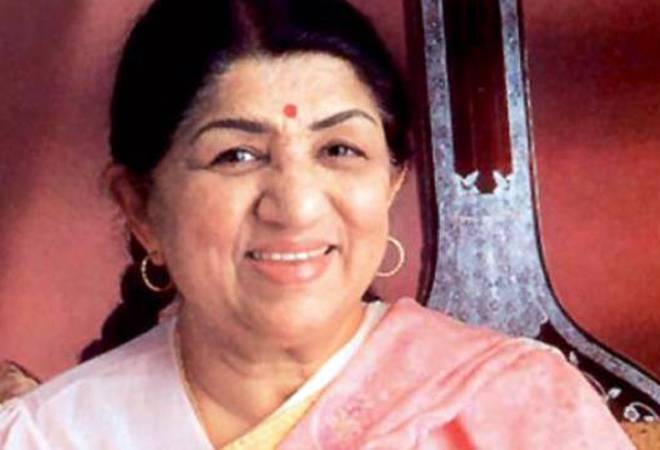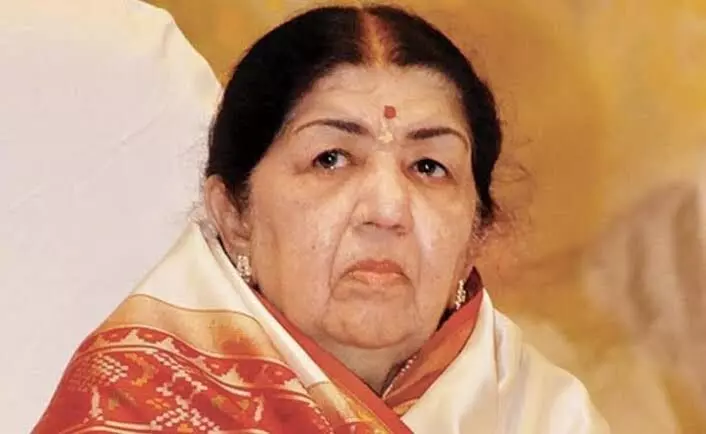
There will never be another Lata
text_fieldsAfter enduring for more than seven decades, the musical flow of Indian's love, solitude, depression and joy has ceased to exist. An era in music ended when the legend of Lata Mangeshkar passed away, as the undisputed empress without an heir to her empire of music. Once, she was sidelined based on perception that her voice was not suitable for heroine and their expressions on camera. The reproach was also for the Marathi touch that echoed in her pronunciation. But that thin voice had a long-awaited destiny to flow through the hearts of the Indian people for more than seven decades. There is no Indian who has not that voice at least once; no feeling that fails to fall in with her modulation. There is no one too young or old in front of her music. Hundreds of her movies, thousands of songs, and many more are still sung in every corner of the globe. From Ustad Ghulam Haider to A.R.Rahman, Lata was present as generations in the music industry changed. She became a voice wonder that time could not wither.
The word Mangeshkar also means 'hand of God'. Lata was born the eldest child of her family, on September 28, 1929, to the famous Marathi playwright and singer Dinanath Mangeshkar and Shevanti. Lata Mangeshkar came into the world of music and cinema from a need to support her family that was shattered after the death of her father at her age of 13, and the rest is history. She got launched on the world of music with a a concert in Solapur winning ovation at the age of nine. Though she started singing and acting as an actress, her work would take her to become a voice in the background, not on the silver screen. The little girl who fell in love with Saigal's songs and said that she will marry Saigal when he grows up. After growing up and becoming a great singer, she forgot about Instead, she fell in love with singing and made music her life partner. The time of Lata Mangeshkar and Mohammad Rafi was a festival of melody in the history of Hindi film songs. Lata Mangeshkar is a singer who has established the worth of feminine force in the once patriarchal world of film and music. Not surprisingly, no other singer has as many hits in her name as Lata had.
Jawaharlal Nehru, the first Prime Minister of India, has shed tears over the singer who got the unquestioned moniker 'Nightingale of India'. With tears in his eyes, Nehru himself later said, "My dear, I came here to listen to your song, leaving everything behind …". That was not the feeling of Nehru alone. The soldiers on the battlefield, the peasants on the farms, the mothers in the houses, and the roadside travelers all listened enraptured by that sound. Each and every one either shed a tear or felt a rousing of emotion in Lata's voice. With the exception of Om Prakash (OP) Nayar, all the famous music directors in the Hindi film industry have had the opportunity to feel the gift of Lata Mangeshkar's voice. She has sung in 36 Indian languages. In Malayalam, her hit was the one Vayalar wrote 'Kadali Chenkadali' for the Ramu Kariyat movie 'Nellu' with music by Salil Chowdhury.
After 1947, she managed to unite two disparate countries through her music. It was not only Indians but also Pakistanis who requested encores in Lata's concerts abroad. Lata erased all distinctions made by language, country and borders with the magic of music. Lata has achieved every distinction that can be achieved through music. She was honoured with numerous accolades, or rather the awards were honoured by being granted to her. In 2001, she was awarded the Bharat Ratna. The country honoured her with the National Award, Padma Awards and a Dada Saheb Phalke award. She was also nominated as a member of the Rajya Sabha. Even the French government honored her with civilian honour, i.e. the National Order of the Legion of Honour. Inside every Indian was a Lata Mangeshkar. That Lata Mangeshkar was singing to everyone's liking. Only Lata Mangeshkar's body has disappeared from the face of the earth. The legacy that body gave us will reverberate as long as human beings have ears and hearts. As Ustad Allah Rakha Khan once said, " there won't be another Lata for the next thousand years."




